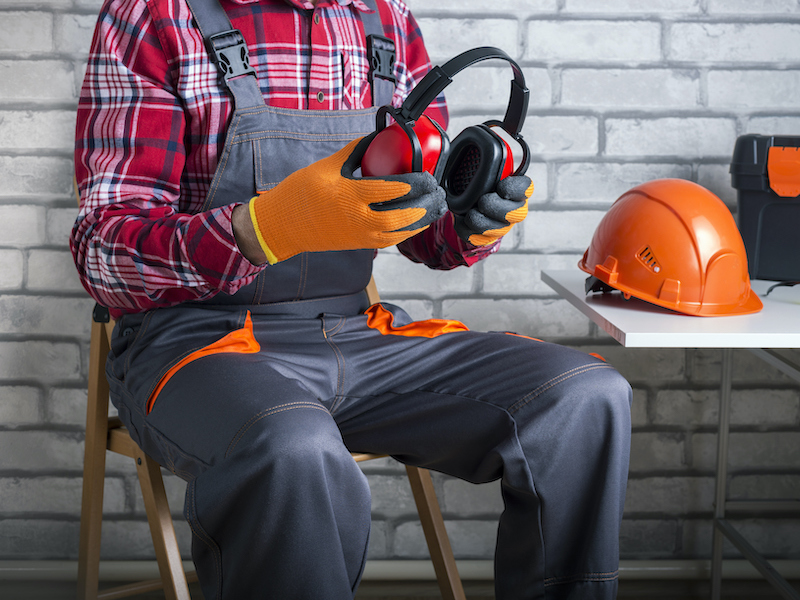
Your sense of hearing is essential in your life and when it’s gone, there will be no natural way of getting it back. But for some reason, hearing loss frequently goes neglected and unchecked in the general population. In fact, permanent hearing loss impacts one in every eight people (about 30 million people) over the age of 12 in the United States alone.
While there are treatments that can help you regain your hearing, like hearing aids, it’s such an easy thing to protect your ears from the beginning to prevent unnecessary hearing loss.
Safeguard your hearing with these five tips:
Earbuds should be avoided
Earbuds have been a mobile device accessory since the early 2000s and are one of the biggest threats to hearing. Almost every smartphone on the market comes with a pair of these little devices that sit snugly in your ear and pump sound straight into your ear canal. Listening to music or a movie on your mobile device at full volume for just 15 minutes can result in permanent hearing loss. Earmuff style headphones, particularly the ones with noise canceling technology, would be a better choice. No matter what devices you use, you should follow the 60/60 rule – keep the volume at 60% maximum and only use the devices for 60 minutes every day.
Reduce the volume
Your hearing can be harmed by other things besides earbuds. Loud noises from a TV or radio can do as much damage if you consistently listen to them over a sustained period of time. You’ll also want to avoid situations where loud noises are constant, like construction zones, concerts, and shooting ranges. It might be impractical to completely avoid these situations particularly if they’re part of your job. The next item on the list will be significant if you’re in this situation.
Hearing protection will be helpful
If you have hobbies or work in a noisy environment, it’s crucial that you use hearing protection. Hearing loss can happen in just 15 minutes at 85 decibels. Compare that to the following:
- The noise of a construction site can be above 130 decibels and many workers spend 40 or more hours a week there
- The average firearm discharge clocks in at 149 decibels, which is multiplied and amplified over the course of a one hour trip to an indoor shooting range
- The majority of concerts are between 100 and 120 decibels with headliners normally playing for about an hour and 20 minutes
The moral here is that you should invest in some type of hearing protection like earmuffs or earplugs if you engage in any of these activities.
Take auditory breaks
Sometimes giving your ears a break is the best thing you can do. If you participated in any of the activities listed above, you really should make sure to take some quiet time for yourself so your ears can rest and recover, even if you were wearing ear protection. So after you leave a concert, you probably shouldn’t jump into your car and crank music.
Check your medicine
Your hearing may be significantly impacted by the medication you take. Aspirin, anti-inflammatories, antibiotics, and some heart and cancer medications have all been proven to cause hearing loss. The good news is that medication-associated hearing loss is not common and is more likely if you use two or more of those medications at the same time making it easier to prevent.
Looking to find treatment for your hearing loss? Schedule an appointment with us for a hearing exam.
Resources
https://www.cdc.gov/nceh/hearing_loss/how_does_loud_noise_cause_hearing_loss.html
https://armeddefense.org/hearing-protection
https://www.uofmhealth.org/health-library/tf3092